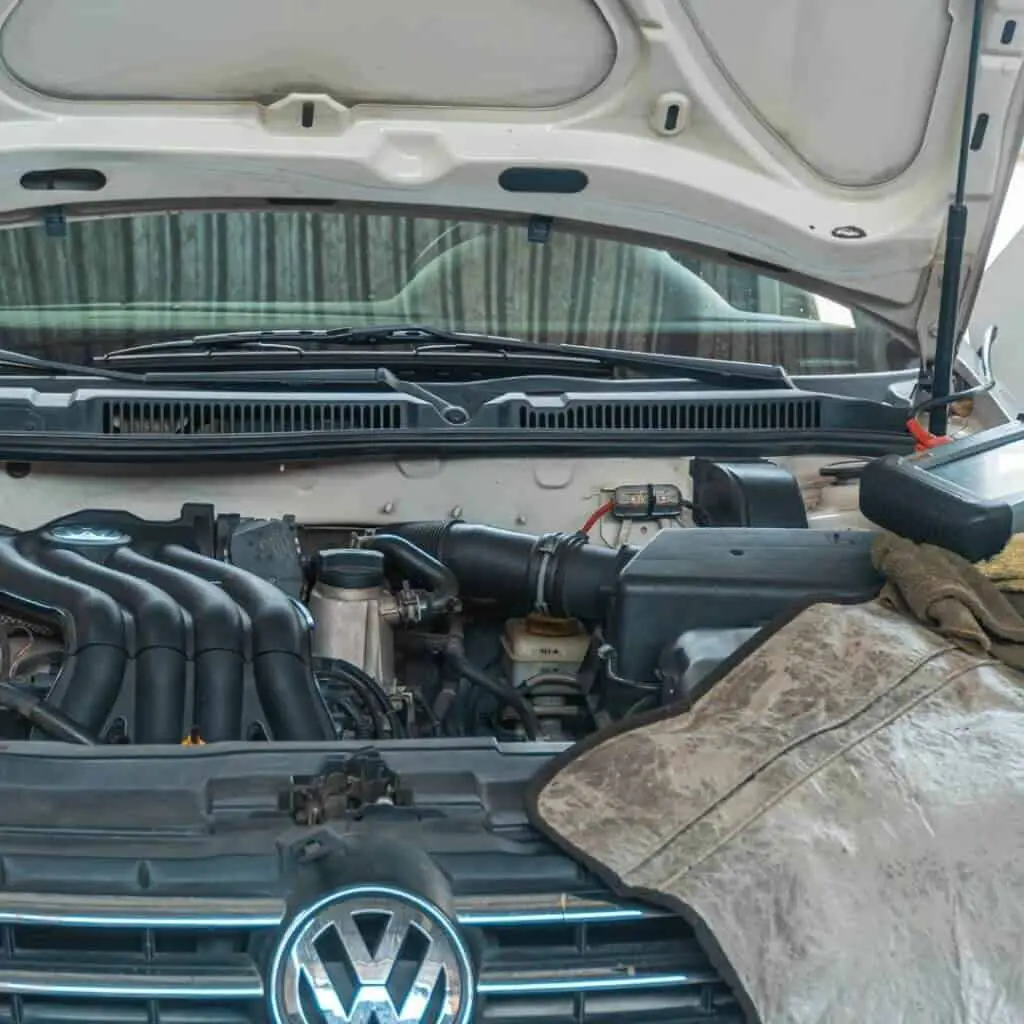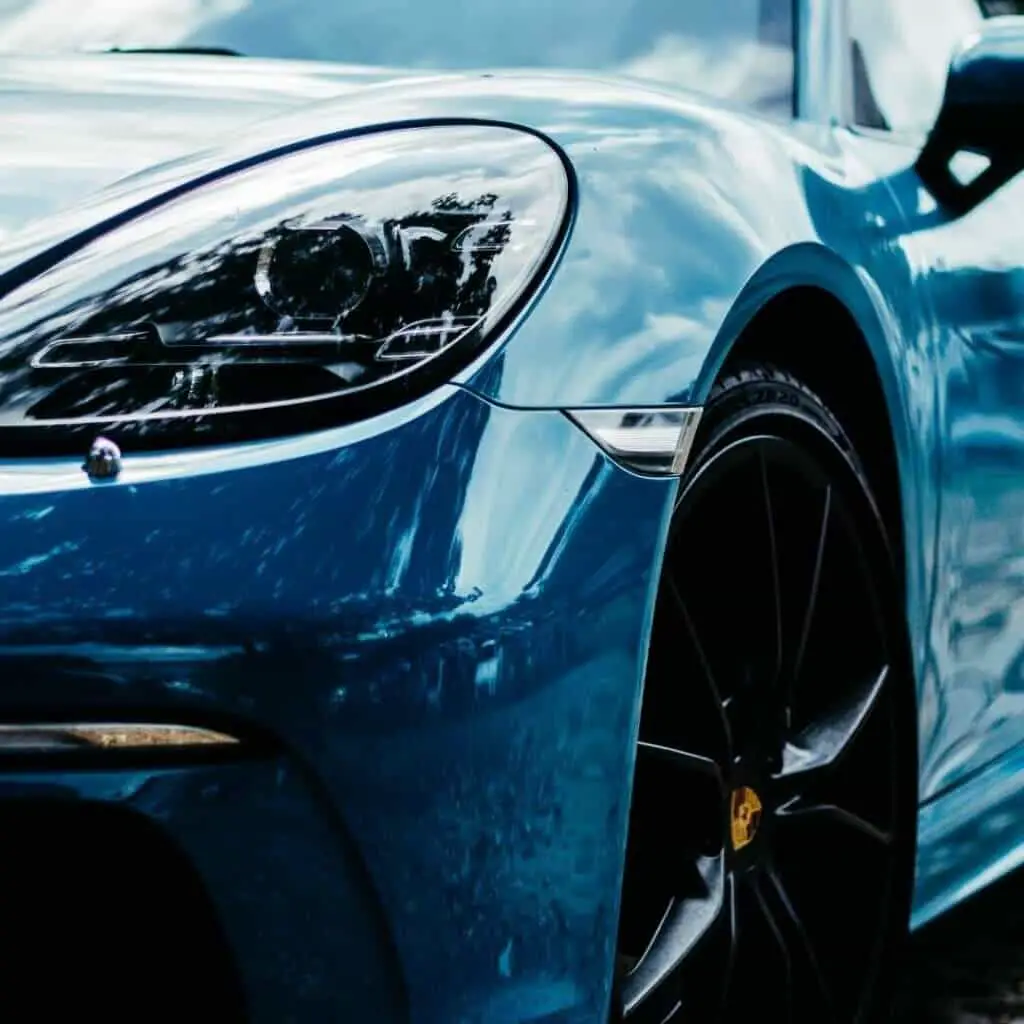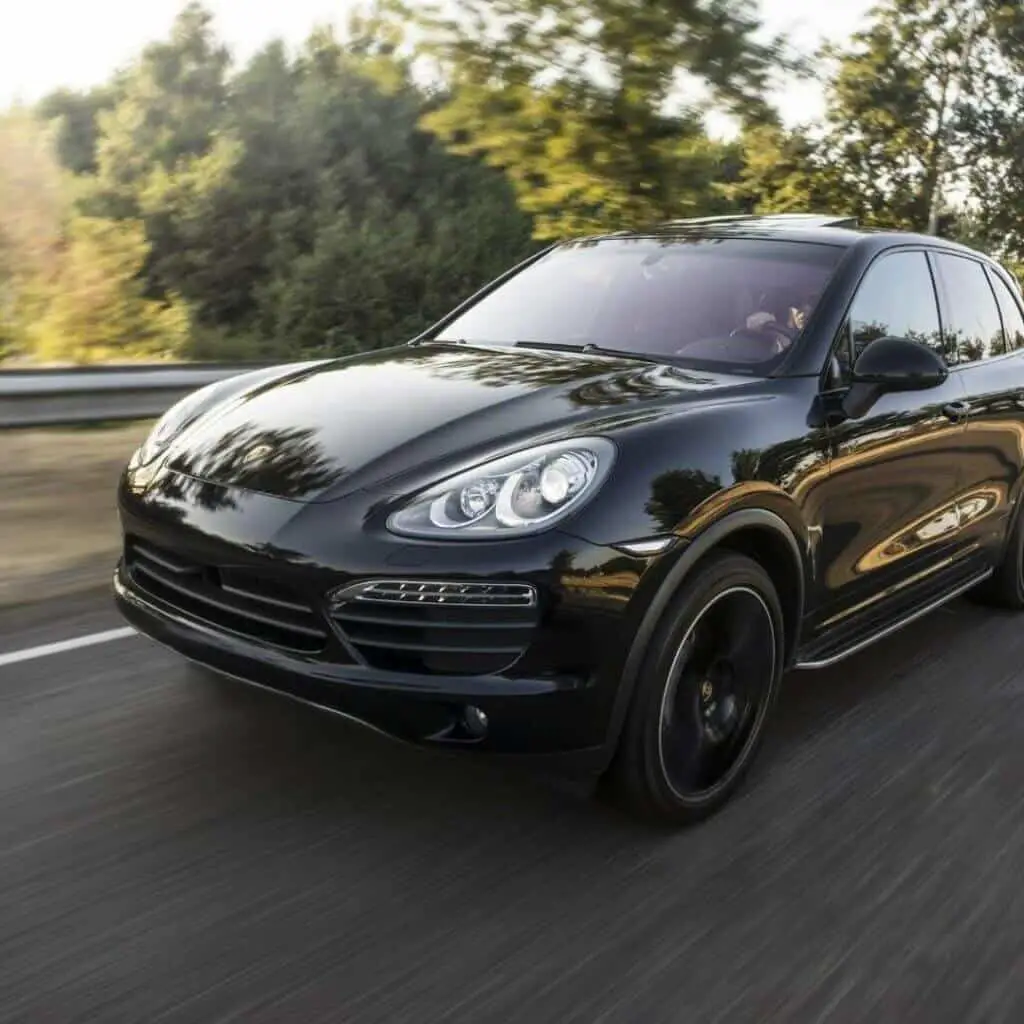Mitsubishi Eclipse Cross is a compact SUV first released in October 2017 a crossover from Japanese automaker Mitsubishi. It is designed to provide a powerful and efficient driving experience and plenty of space for passengers and cargo with advanced features.
These include a 1.5L turbocharged engine, a smooth 8-speed transmission, and an innovative 4WD system. The vehicle also hosts advanced safety features, including adaptive cruise control, lane-keeping assist, and blind-spot monitoring.
The Eclipse Cross offers a quiet cabin and smooth ride, even when traveling on rough roads. The infotainment system is intuitive and includes Apple Car Play and Android Auto. The Mitsubishi Eclipse Cross is an excellent choice for those looking for an affordable, reliable crossover SUV.
However, the Eclipse Cross has had its fair share of problems and complaints from owners, ranging from software issues to mechanical problems. In this article, we will tackle some of the common issues encountered by owners of the Mitsubishi Eclipse Cross and some possible solutions.
Mitsubishi Eclipse Cross problems
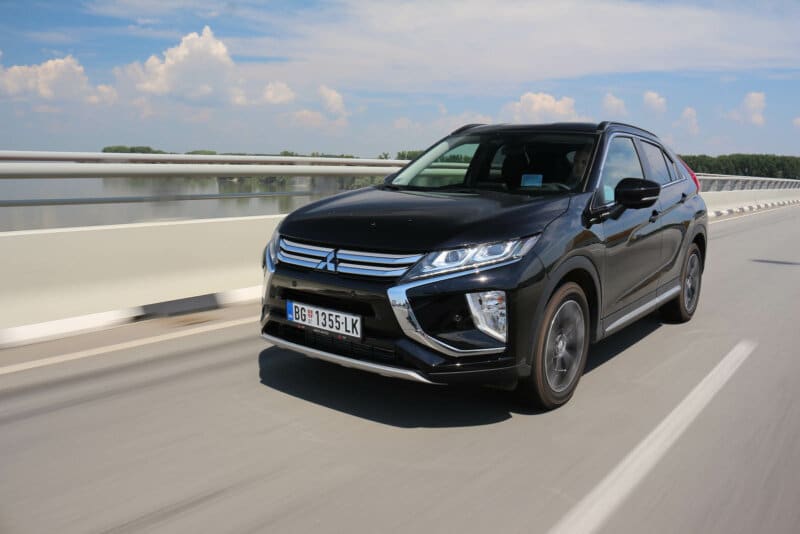
The Mitsubishi Eclipse Cross has experienced several problems since its launch. The most commonly reported issue is software-related, with owners experiencing various problems.
They include glitches in the infotainment system, errors in climate control, and a general lack of responsiveness. Additionally, there have been several reports of mechanical problems, engine and transmission trouble, faulty sensors, and issues with the brakes and suspension.
There have also been reports of electrical faults, air conditioning system failures, a failure of the 4WD system, problems with the turbocharger, and poor fuel economy.
8 Most Common Mitsubishi Eclipse Cross Issues
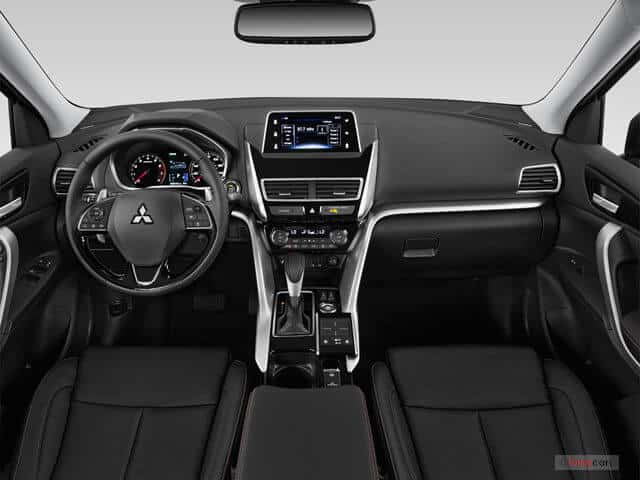
- Software Problems
One of the most commonly reported issues with the Mitsubishi Eclipse Cross is related to its software. It largely affects the hydraulic unit ECU, the computer control system for the brake system.
Others experienced problems, including glitches in the infotainment system, errors in climate control, and a general lack of responsiveness [1].
- Mechanical Problems
The Mitsubishi Eclipse Cross has also experienced some mechanical problems, including a failure of the 4WD system, issues with the turbocharger, and poor fuel economy. The 4WD system may fail due to a lack of maintenance, resulting in reduced traction and increased fuel consumption.
Additionally, the turbocharger can fail due to a build-up of carbon, leading to a decrease in performance and fuel consumption.
- Engine and transmission issues
The Eclipse Cross has had some engine and transmission problems reported by owners. Transmission is a complex component, and it is responsible for supplying the power from the engine to the wheels.
A malfunctioning transmission can also be responsible for the slow acceleration problem in your Eclipse Cross. Sooner or later, this friction leads to wear on the components, especially if your Eclipse Cross has racked up a lot of miles or if you didn’t change the transmission fluid in time [2].
In addition, a faulty transmission usually shows other signs, including grinding or clunking noises, jerky acceleration, and a burning smell. Additional symptoms of trouble include rough idling, stalling, and jerking during acceleration.
This could be due to faulty transmission fluid, worn-out components, or electrical issues. Transmission can also cause problems by slipping or shifting hard between gears.
Again, this can be caused by low transmission fluid levels or a faulty transmission control module. Another commonly reported issue with the Mitsubishi Eclipse Cross is a problem with the turbocharged engine.
The engine has been reported to experience a rough idle, poor acceleration, and a lack of power. This is likely due to a faulty turbocharger, which a professional mechanic can replace.
- Faulty Sensors
The Eclipse Cross has a range of sensors used to monitor various systems. Unfortunately, these sensors can become faulty over time, causing issues such as poor fuel economy, engine misfires, and engine stalling.
For example, the oxygen sensor in the Mitsubishi Eclipse Cross continuously changes the air-to-fuel ratio in the engine by reporting information about the number of pollutants in the exhaust gases [3].
If the oxygen sensor becomes faulty, it will communicate inaccurate values to the control unit, which may cause stalling, loss of power, erratic idling, and delayed acceleration.
SUV users have repeatedly reported this issue. Faulty oxygen sensors most frequently cause catalytic converter failures. The throttle valve’s opening angle is calculated using the throttle position sensor, or TPS.
The gathered data is transmitted to the control unit and helps determine how much gasoline is needed. Reduced engine performance, jerky engine operation, fluctuating idle RPMs, and a gradual decrease in speed once the driver lets off the accelerator pedal are the typical indications of a throttle position sensor problem in the Eclipse Cross.[4]
- Trouble with the brakes and suspension
The brakes and suspension of the Eclipse Cross have been known to cause problems for owners. These include brake squealing, vibration or pulling when braking, and excessive wear on the brake pads.
These problems cause issues such as a soft brake pedal, a grinding noise when braking, and a lack of responsiveness. This could be due to worn-out brake pads, rotors, or broken brake lines.
There have also been reports of the suspension being too stiff or soft and causing a bumpy ride [5]. In addition, owners have reported a clunking noise from the suspension when driving over bumps. This could be due to worn-out suspension components or a faulty shock absorber.
- Electrical faults
Electrical faults are relatively common in the Eclipse Cross. Faulty wiring, a faulty battery, or an alternator can cause these faults. These faults can lead to problems such as difficulty starting the engine, flickering lights, or an overheating engine [6].
The most common bad alternator symptoms in Mitsubishi Eclipse Cross are the red battery warning light that turns on the dashboard, electrical problems, slow cranking, dim lights, dead battery, and stalling engine.
- Air conditioning system failures
The air conditioning system of the Eclipse Cross can fail due to several issues. These issues include a faulty compressor, a faulty fan, or a lack of refrigerant. These faults can cause the air conditioning system to blow warm air or not work.
- Poor fuel economy
The Eclipse Cross is known to have a poor fuel economy. Several factors, such as a faulty oxygen sensor, a clogged air filter, or a fuel pump, can cause this [7].
The fuel system in the Eclipse Cross is also prone to problems, with many owners reporting fuel leaks, poor fuel economy, and engine misfires. These issues are usually caused by faulty fuel pumps or fuel injectors, which can cause the fuel system to run rich or lean.
Related: Mitsubishi L200 Problems
Possible solutions to these problems
The best way to resolve software issues is to regularly update the software, which can help ensure that the vehicle runs optimally. Additionally, if the problem persists, it may be necessary to take the car to a dealer for a full diagnostic check.
It will help to ensure that the 4WD system is working properly and that the turbocharger is free from carbon build-up. Furthermore, regular servicing can help to improve fuel economy, as it can help to identify any issues that may be causing poor fuel consumption.
For engine and transmission problems, it is recommended to check the transmission fluid levels and replace the transmission control module if needed. It may also be necessary to have the engine and transmission checked and serviced [8].
And for faulty sensors, check the fuel and coolant levels and replace any faulty sensors. Finally, check the brake pads and suspension components for wear and tear to solve brake and suspension issues.
Also, for electrical faults, check the wiring and connections for any damage. Having the battery, alternator, and wiring checked and serviced by your mechanic may also be necessary.
If you suspect the alternator is faulty, you should always start by testing the battery’s voltage when the engine is running. Then, if the voltage test fails, move on to testing the alternator and its electrical connections. And for conditioning system failures, first check the compressor, fan, and refrigerant levels.
Read Also: Mitsubishi ASX Problems
Conclusion
The Mitsubishi Eclipse Cross is a powerful and efficient vehicle, but it has experienced several problems since its launch. The most commonly reported issues are related to software, with owners experiencing a range of problems, including glitches in the infotainment system, errors in climate control, and a general lack of responsiveness.
Additionally, there have been several mechanical problems, including a failure of the 4WD system, issues with the turbocharger, and poor fuel economy. Some problems will only occur after many years of operation. If the issue is corrected early enough, it will not affect the overall reliability of your Mitsubishi Eclipse Cross.
If properly maintained and driven sensibly, the Mitsubishi Eclipse Cross will last for between 200,000 and 250,000 miles on average. The best way to resolve these issues is to ensure that the vehicle is regularly serviced and maintained and to update the software whenever possible.
As a result, the Eclipse Cross can provide a reliable and enjoyable driving experience with regular maintenance and care.
Read Next: Mitsubishi Pajero Common Problems

